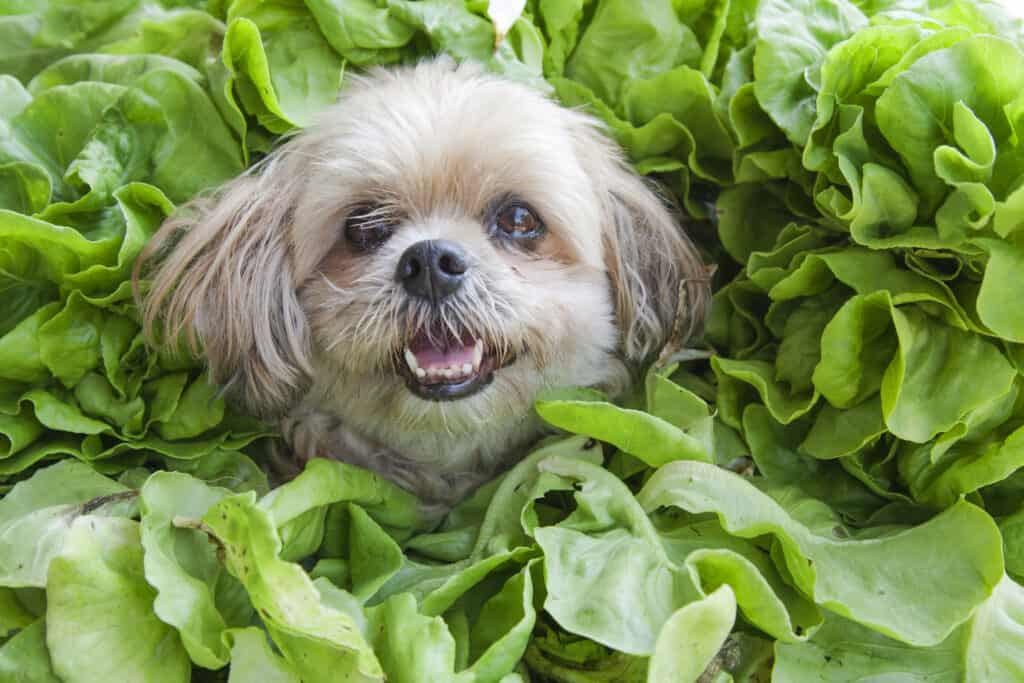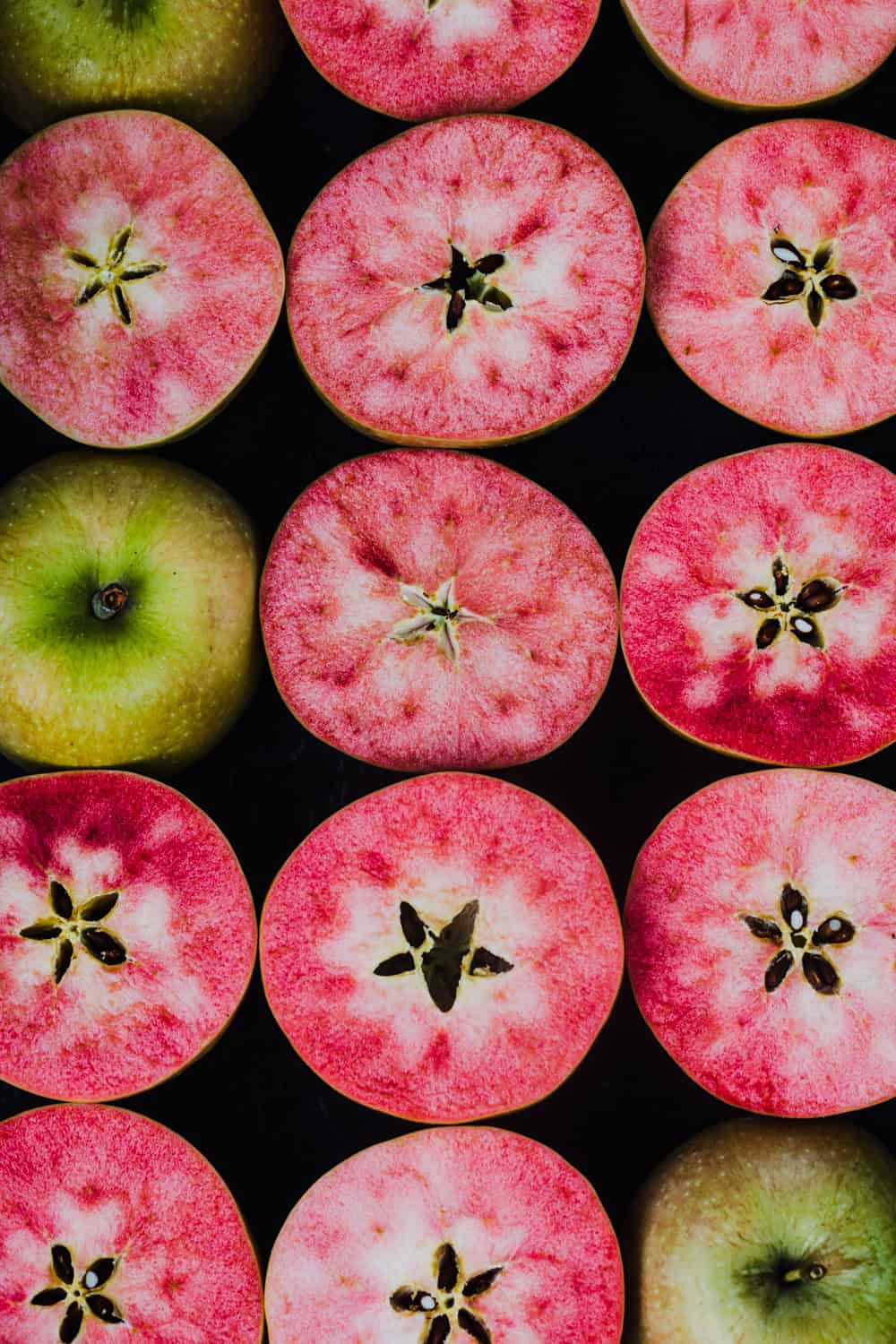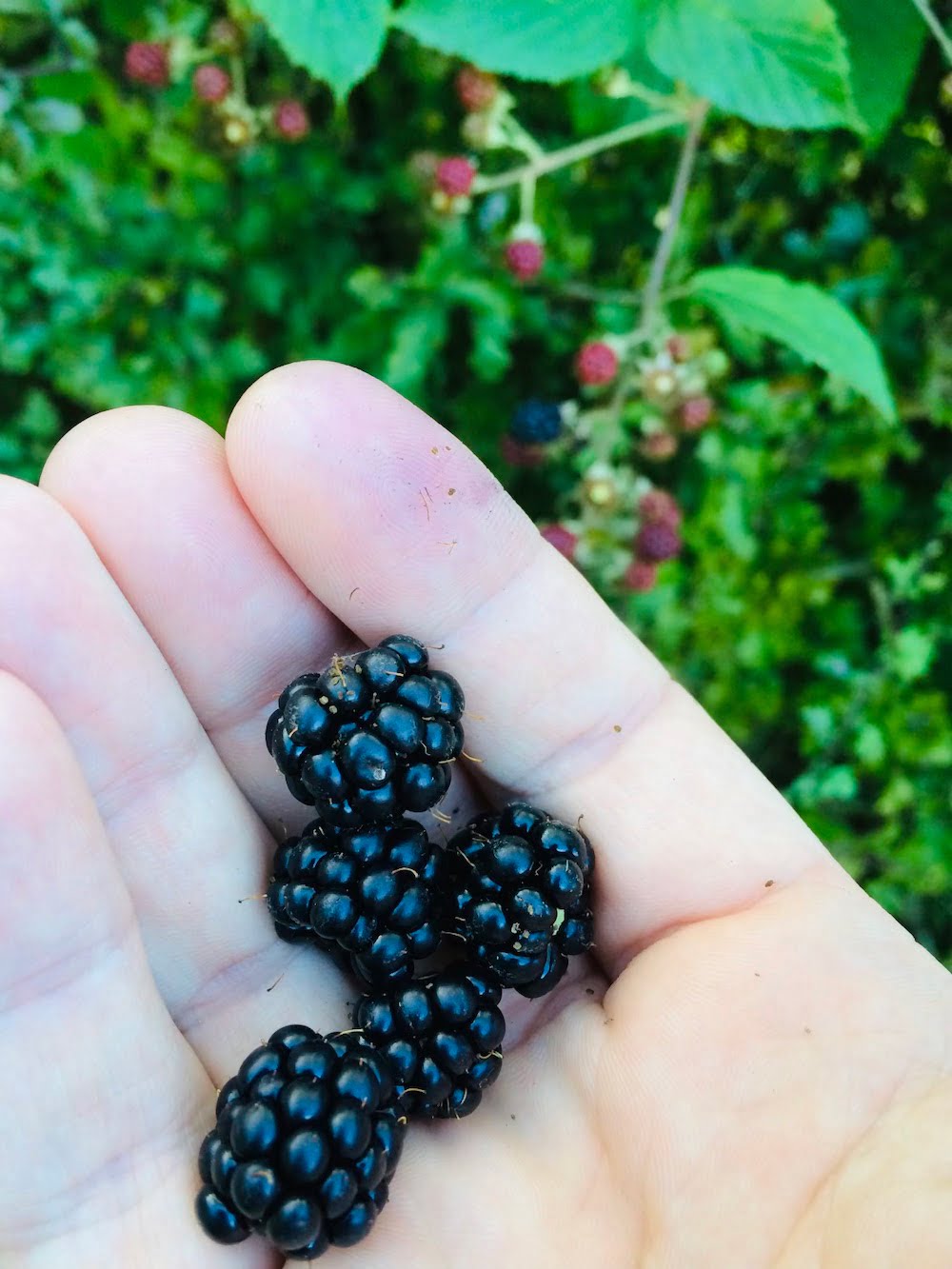Have you ever wondered if animals eat spinach? It’s a curious question, isn’t it? Well, the truth is that some animals do, indeed, enjoy indulging in this leafy green. While spinach may not be a staple in their diets, certain creatures have been known to nibble on it from time to time. So, if you were ever contemplating sharing your spinach salad with your furry or feathered friends, you might be surprised to know that they might just gobble it up! Let’s take a closer look at which animals have a taste for this vibrant vegetable.
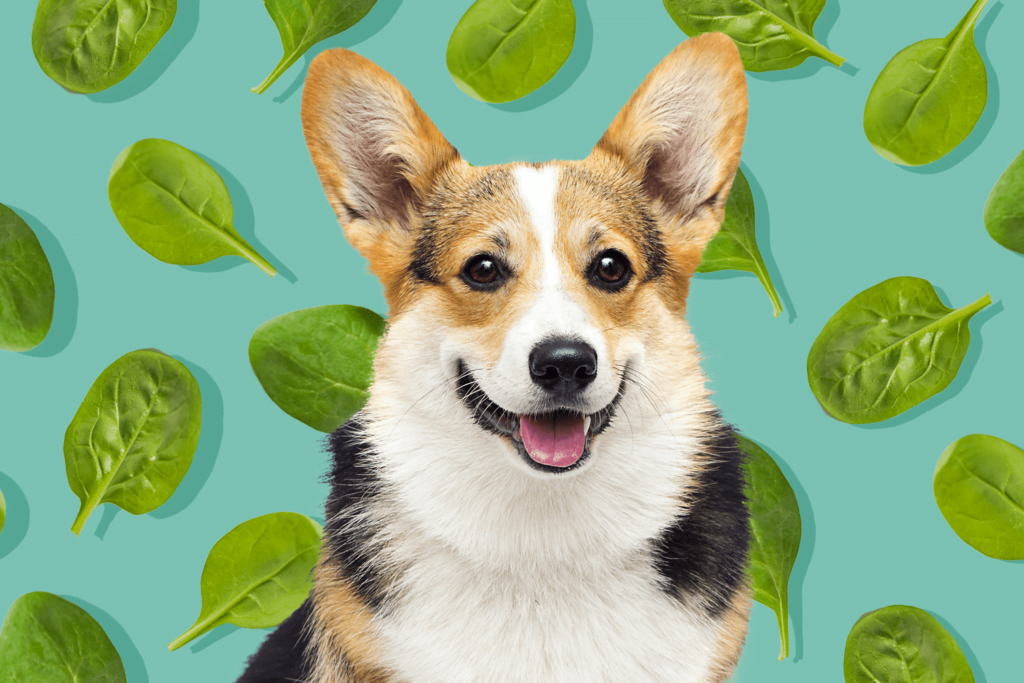
What is Spinach
Spinach is a leafy green vegetable that belongs to the Amaranthaceae family. It is widely consumed for its numerous health benefits and is often praised for its rich nutritional profile. Spinach is known for its dark green leaves that are packed with vitamins, minerals, and antioxidants.
Definition of Spinach
Spinach, scientifically known as Spinacia oleracea, is a flowering plant that originated in Persia, but it is now cultivated worldwide. This versatile vegetable can be enjoyed raw in salads or cooked in various dishes such as soups, stir-fries, and side dishes. It has a mildly bitter taste and a tender, yet crisp texture.
Nutritional Value of Spinach
Spinach is considered a nutritional powerhouse due to its impressive array of vitamins, minerals, and phytonutrients. It is a great source of vitamin K, vitamin A, vitamin C, vitamin E, and many B-vitamins. Additionally, spinach provides essential minerals like iron, calcium, magnesium, and potassium. It is low in calories and carbohydrates, making it a suitable choice for those watching their weight or managing diabetes.
Spinach and Herbivorous Animals
Introduction to Herbivorous Animals
Herbivorous animals are organisms that primarily consume plant material as their main source of nutrition. They have evolved specialized digestive systems that enable them to break down and utilize the nutrients present in plant matter efficiently. Herbivores can be found in various ecosystems, ranging from lush rainforests to arid grasslands.
Herbivorous Animals’ Diet
These animals have adapted to feed on vegetation such as grasses, leaves, fruits, and seeds. Their digestive systems are specifically designed to extract nutrients from plant cell walls and fibers. Many herbivorous animals have elongated intestinal tracts or multiple stomach compartments to aid in the breakdown of cellulose and the absorption of essential nutrients like carbohydrates, proteins, and vitamins.
Spinach as a Potential Food for Herbivorous Animals
Spinach, with its abundance of essential nutrients and high fiber content, can be a valuable addition to the diet of herbivorous animals. While it may not be a staple food for all herbivores, certain species could benefit from incorporating spinach into their diet. For example, rabbits, guinea pigs, and tortoises are known to enjoy spinach as a part of their plant-based eating routine.
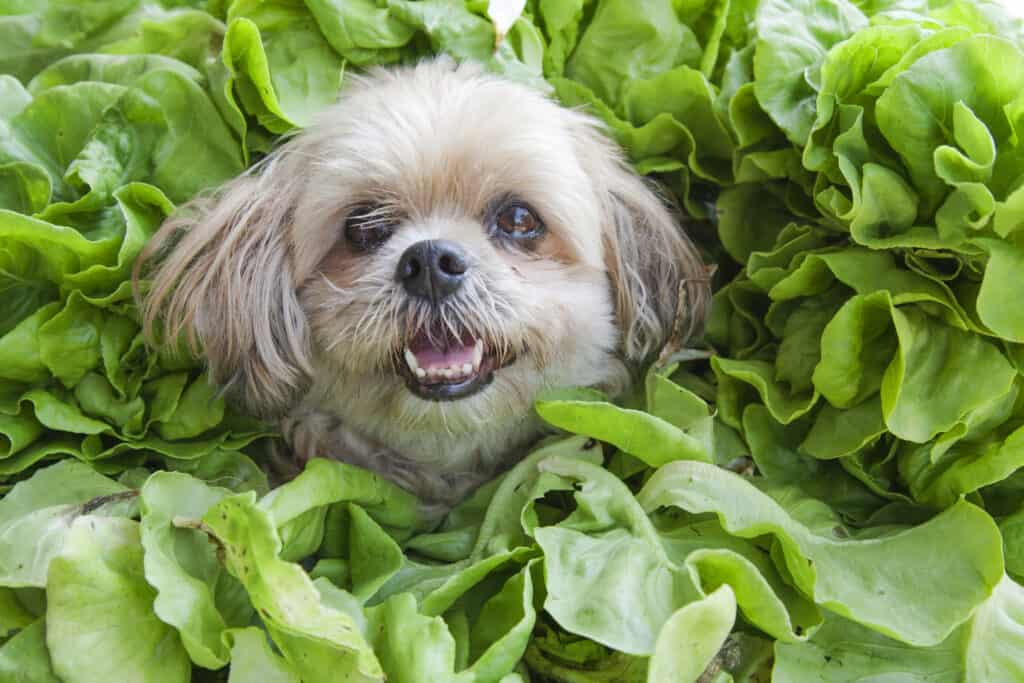
Carnivorous and Omnivorous Animals
Carnivorous Animals’ Diet
Carnivorous animals are creatures that primarily feed on other animals to fulfill their nutritional requirements. They have sharp teeth and claws to capture and kill their prey. Examples of carnivorous animals include lions, tigers, and wolves. Their digestive systems are adapted to process animal proteins and fats efficiently.
Omnivorous Animals’ Diet
Omnivorous animals, on the other hand, have a more flexible diet that includes both plant and animal matter. They possess a diverse range of teeth and digestive adaptations that allow them to consume and digest a wide variety of food sources. Common examples of omnivorous animals are bears, raccoons, and humans.
Unlikely Consumption of Spinach by Carnivorous and Omnivorous Animals
As spinach primarily consists of plant matter and lacks the high protein content that carnivorous and omnivorous animals require, it is highly unlikely for these animals to consume spinach as a significant part of their diet. Their digestive systems are better suited to process animal-based nutrients, and they usually obtain their required vitamins and minerals from other sources.
Domesticated Pets
Cats
Cats are obligate carnivores, which means their diets consist almost entirely of meat. They have evolved to rely on animal protein as their primary source of energy. While cats may occasionally chew on grass to aid digestion or induce vomiting, spinach is not suitable as a regular dietary staple for felines.
Dogs
Dogs, unlike cats, are omnivorous animals that can consume a wider range of food sources. However, their dietary needs still primarily revolve around animal proteins. While adding small amounts of spinach to a dog’s diet as a source of additional vitamins and minerals may be beneficial, it should not replace their main meat-based meals.
Feasibility of Spinach in Domesticated Pet Diets
While spinach is not an ideal primary food source for domesticated pets like cats and dogs, it can serve as a supplementary treat or an occasional addition to their meals. However, it is important to take into consideration any specific dietary requirements or allergic reactions that individual pets may have before incorporating spinach or any other new food into their diet.
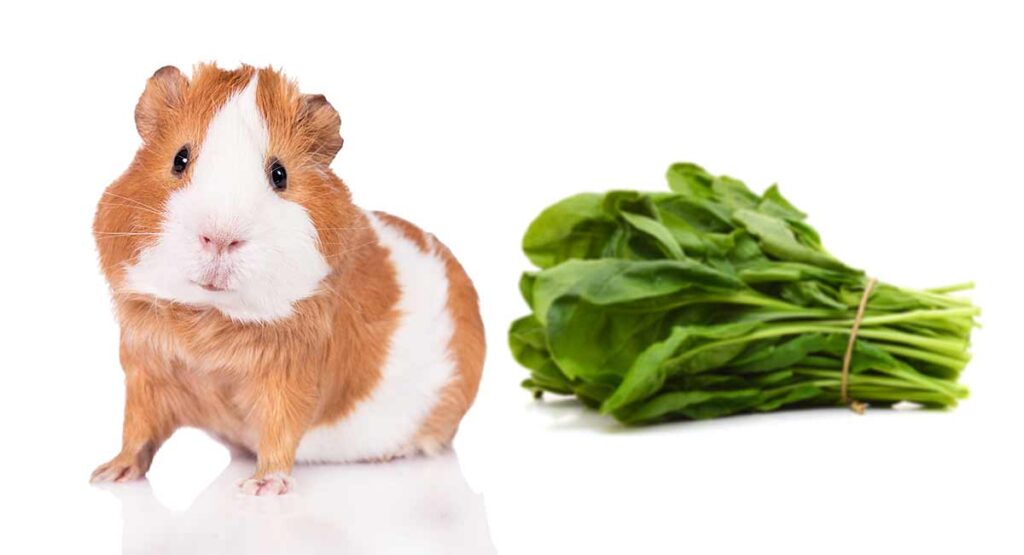
Wild Animals
Herbivorous Wild Animals
In the wild, many herbivorous animals rely on the vast array of plant species available in their respective habitats. They consume a variety of vegetation, including leaves, grasses, fruits, and seeds, to meet their nutritional needs. Species like elephants, giraffes, and deer are prime examples of herbivorous animals in the wild.
Carnivorous and Omnivorous Wild Animals
Wild carnivorous and omnivorous animals are the predators of the animal kingdom. They actively hunt and consume other animals or scavenge for carrion to obtain the protein and energy they require. Lions, wolves, and bears are some notable examples of carnivorous and omnivorous animals in the wild.
Existence of Spinach Consumption in Wild Animals
In the natural habitats of wild animals, spinach does not occur as a native plant. Therefore, it is highly unlikely that wild animals will have access to spinach in their natural diets. They have evolved to fulfill their nutritional needs through the consumption of prey or other indigenous plant species.
Birds
Herbivorous Birds
Herbivorous birds possess specialized beaks and digestive systems designed to consume plant matter. They feed on seeds, fruits, nectar, and a wide variety of vegetation. Examples of herbivorous birds include finches, parrots, and doves.
Carnivorous and Omnivorous Birds
Carnivorous and omnivorous birds, such as eagles, hawks, and crows, primarily consume meat in the form of insects, small mammals, or other birds. They may also include plant matter, such as berries, in their diet to supplement their nutritional needs.
Occurrence of Spinach Consumption in Birds
While birds are known to incorporate various plants and seeds into their diet, spinach is not a natural part of their food repertoire. Birds have specific dietary requirements and are more likely to consume plant matter native to their habitat. Spinach, being a cultivated vegetable, is not commonly consumed by birds in the wild.
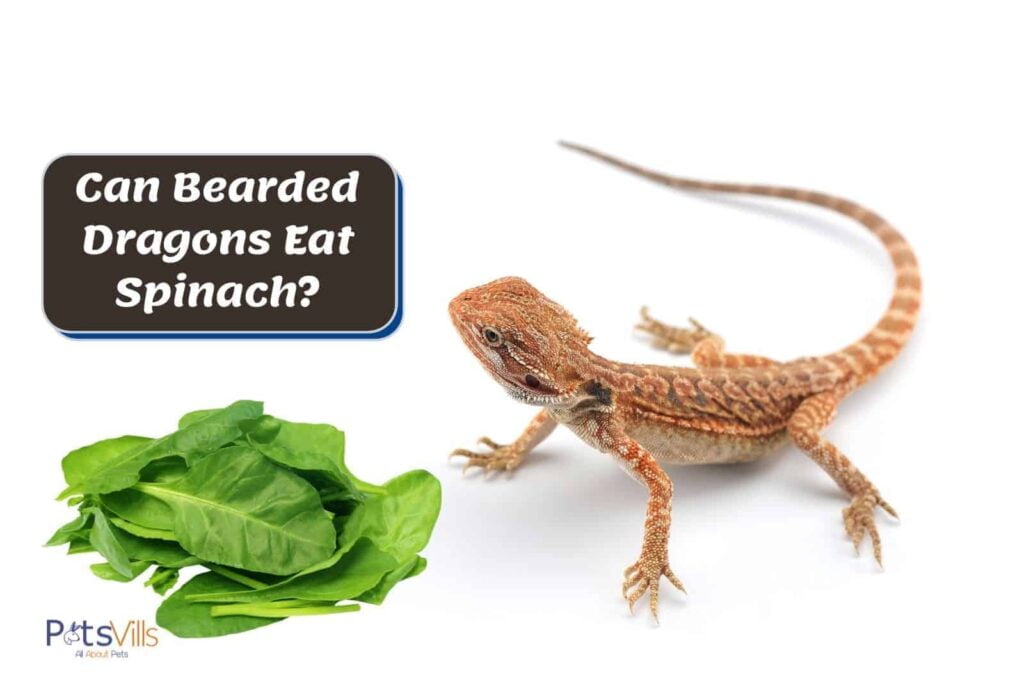
Insects
Herbivorous Insects
Herbivorous insects have evolved to feed primarily on plant matter. They play a crucial role in pollination and serve as a food source for other animals in the ecosystem. Caterpillars, grasshoppers, and leaf beetles are examples of herbivorous insects.
Carnivorous and Omnivorous Insects
Carnivorous and omnivorous insects, such as certain species of ants, beetles, and wasps, have adapted to feed on other insects or a combination of both plant and animal matter. They have specialized mouthparts that allow them to capture and consume their prey.
Possible Inclusion of Spinach in Insect Diets
Spinach could potentially be included in the diets of herbivorous insects due to its availability, nutrient content, and palatability. Some insect farms and research facilities may incorporate spinach or its leaves as a component of artificial diets designed for rearing herbivorous insects in controlled environments.
Reptiles and Amphibians
Herbivorous Reptiles and Amphibians
Certain reptiles and amphibians, such as tortoises, iguanas, and some species of frogs, have herbivorous tendencies. They consume a variety of plant matter, including leaves, fruits, and flowers, to meet their dietary requirements.
Carnivorous and Omnivorous Reptiles and Amphibians
Many reptiles and amphibians have a carnivorous or omnivorous diet. They prey on insects, small mammals, fish, or other reptiles and amphibians. Examples include snakes, crocodiles, and certain species of turtles.
Potential Incorporation of Spinach in Reptile and Amphibian Diets
For herbivorous reptiles and amphibians, spinach can be a useful addition to their diet due to its nutrient density and high fiber content. However, it is essential to ensure a balanced and varied diet, incorporating a range of plant species, to provide them with the necessary vitamins, minerals, and proteins.
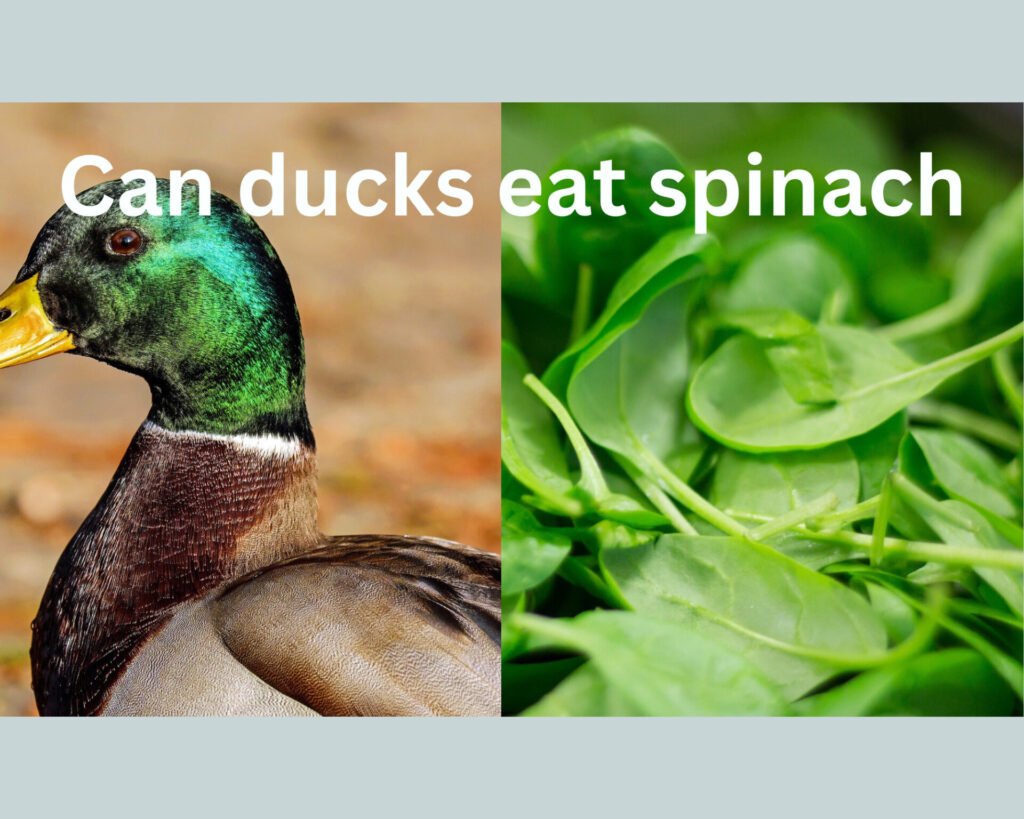
Marine Animals
Herbivorous Marine Animals
Herbivorous marine animals, such as sea turtles and certain species of fish, feed on marine algae, seagrasses, and plankton. They have specialized digestive systems that allow them to extract nutrients from these underwater plant sources.
Carnivorous and Omnivorous Marine Animals
Carnivorous and omnivorous marine animals, including sharks, seals, and dolphins, are primarily meat-eaters. They hunt and prey upon other marine creatures to obtain the protein and energy they need.
Improbability of Spinach Intake in Marine Animals
Spinach is a land-based plant and does not exist as a natural component of the marine ecosystem. The availability of marine plant life is abundant and more suited to the dietary needs of marine animals. Therefore, spinach is unlikely to be consumed by marine animals in their natural environment.
Conclusion
Summary of Findings
In summary, while spinach offers numerous health benefits and serves as a valuable dietary option for humans, its consumption by animals varies considerably. Herbivorous animals can benefit from incorporating spinach into their diets, as it provides essential nutrients and fibers. However, carnivorous and omnivorous animals, including domesticated pets, have dietary requirements that prioritize animal-based proteins and fats.
The likelihood of animals consuming spinach greatly depends on their natural habitat and the availability of plant resources native to their environments. Wild animals, birds, insects, reptiles, and marine creatures typically have access to a wide range of native plants and prey, making spinach an unlikely part of their diet.
Exploration of Further Research Areas
Further research could focus on studying the specific dietary needs and preferences of different animal species, assessing the potential benefits and risks of including spinach in their diets, and exploring alternative sources of essential nutrients for herbivorous animals. Understanding the nutritional adaptations and requirements of various animals can help develop more comprehensive dietary guidelines and enrichment programs for their optimal health and well-being.
